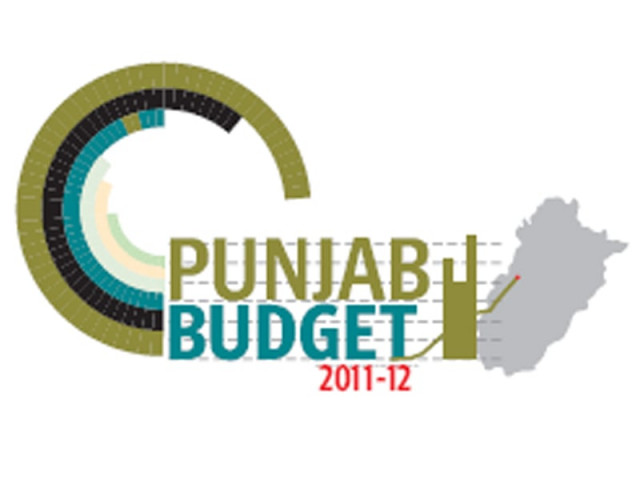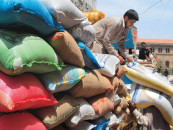Development spending: South Punjab given its fair share, says Khosa
‘Sharifs’ Raiwind residence does not qualify as farmhouse’.

The Punjab government will raise development spending for south Punjab from 14 per cent of the province’s annual development budget in 2007-08 to 32 per cent for the next fiscal year, senior advisor to the chief minister Sirdar Zulfiqar Khosa told the post-budget press conference in the Darbar Hall of the Civil Secretariat on Saturday.
An estimated 31 per cent of the population of the province lives in south Punjab. Khosa said that the 2011-12 budget was “public-friendly” and focused on the much-neglected southern region. The government had also tried to dispel the perception that development can take place in the big cities in isolation by allocating significant sums to schemes for rural development.
The budget includes a new tax on farm houses. Khosa said many well-off people had built farmhouses on the outskirts of Lahore where they spent the weekend. “They have the capacity to pay tax,” he said.
Khosa said that the Raiwind property of the Sharifs did not qualify as a farmhouse as it was a residence.
However, after a word from the Planning and Development chairman, Khosa said that if the property qualified for the new tax, it would be taxed.
However, the budget contains no new taxes on agricultural produce. Khosa said that the federal government had asked the provinces to impose an agriculture tax. He said that the provinces would consider it “with mutual understanding”.
The government has allocated Rs5 billion for the repair and construction of new farm-to-market roads to promote agriculture products and improve farmers’ income, he added.
He said that the government’s new employment generation scheme was for young graduates under the age of 35 who were still unemployed.
The government would encourage students to participate to make sure that the scheme is transparent and only those who qualify benefit from it. No quota will be allocated for parliamentarians, he said.
About the use of foreign aid, Khosa said the government would not accept any loan or aid which came with political conditions attached. The government would get loans from the International Monetary Fund or the World Bank instead, he said.
He said the Punjab faced more power outages than the other provinces and these had ruined industry and agriculture and indirectly diminished the purchasing power of the common man. The government has inked agreements with three Muslim countries for energy generation to narrow gap between electricity demand and supply, he said.
Finance Minister Kamran Michael and Finance Secretary Tariq Bajwa sat besides Khosa during the press conference, but the latter did most of the talking. To a question, Michael said Khosa was the senior advisor to the chief minister and was thus representing the head of the provincial government at the press conference.
Published in The Express Tribune, June 12th, 2011.



















COMMENTS
Comments are moderated and generally will be posted if they are on-topic and not abusive.
For more information, please see our Comments FAQ